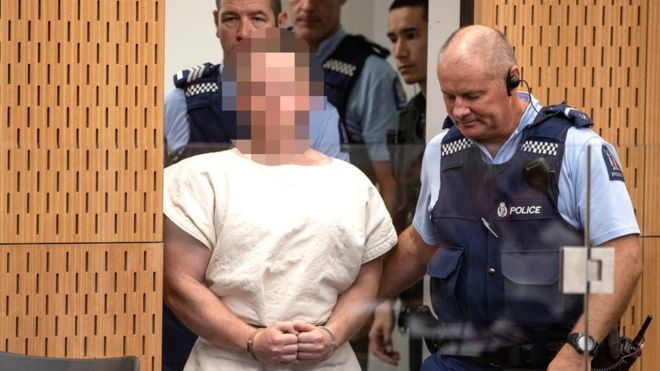Coronavirus Treatment: Is Anti-malaria drug combined with antibiotic effective?
Relations March 22, 2020 0 COMMENTSAccording to the latest study on coronavirus treatment Study of combination of drugs on a small group proved effective in dulling symptoms.
The combination of an anti-malaria drug – trade name Plaqenuil – and antibiotic azithromycin could be quite effective in treating the novel coronavirus, COVID19, found a French study published in International Journal of Antimicrobial Agents.
In the study coordinated by Méditerranée Infection University Hospital Institute in Marseille, in which the subjects were 30 confirmed to have COVID-19, the patients were to receive 600mg of hydroxychloroquine daily between early and mid-March. Their viral load in nasopharyngeal swabs was tested daily in a hospital setting. Depending on their clinical presentation, azithromycin was added to the treatment, explained the research paper. Untreated patients from another center and cases refusing the protocol were included as negative controls. Presence and absence of virus on day six was considered the end point of the study.
Findings
The study said six patients were asymptomatic, 22 had upper respiratory tract infection symptoms and eight had lower respiratory tract infection symptoms. Twenty cases were treated in this study and showed a significant reduction of the viral carriage on day 6 compared to controls, and a much lower average carrying duration was reported when compared to untreated patients during the same period. Azithromycin added to hydroxychloroquine was significantly more efficient for virus elimination.
Does this mean a cure is on hand?
No, not really. But it is a promising study, even if it is limited by the number of participants. Scientists around the globe are working tirelessly to find a combination of drugs or treatments that might stem and bring under control the virulent coronavirus that has already globally claimed more than 11,000 lives.
Some health-focused practitioners are looking at the medicines used to combat Ebola, SARS, HIV and other global outbreaks.
Vaccine development is also under way in but an approved and effective immunization will take at least 12-18 months to develop, say experts.
RELATED ARTICLES
Recent Posts
- Big arrangements are made by a nervous Harris campaign to secure a close victory.
- Assault on peace: Hammas deadliest attack on israle on Oct 07 , instigated Midle East Crisis:
- Israel marked “solemn” anniversary commemorating 7/10 deadly attacks:
- Trump impeachment: Trump lashed out over his impending impeachment in an irate letter to Nancy Pelosi, accusing her of declaring “open war on American democracy”.
- hotness breaks its records in Australia :


